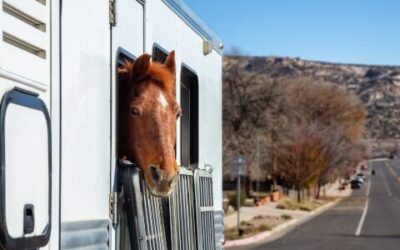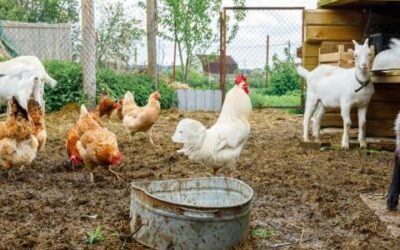
When it comes to your horse’s nutritional intake, quality dental care is essential. In order to properly digest the forage and grain/concentrates that you feed them, they need to be able to chew these substances appropriately. For many horses, routine dental care includes filing or “floating” their teeth. Horse teeth floating removes the sharp hooks that develop over time as your horse naturally chews. If left unattended, these points and hooks can make eating painful for your horse, even to the point where they stop eating altogether.
Over the course of their lives, all horses will need their teeth floated to ensure optimal dental health. Generally speaking, horses should have dental exams twice a year – during this exam, your equine dentist or veterinarian will determine whether or not a horse dental float is needed (the vast majority of them will). In addition to their dental exams, there are a number of different ways to determine whether or not your horse needs to have their teeth floated. These signs are all symptoms of generalized dental discomfort, and, if your horse exhibits them, you should contact your horse’s dental health provider to set up an equine teeth floating appointment as soon as possible.
Signs a Horse Needs Teeth Floated
Tilting Head While Eating: Sometimes horses will tilt their head in a peculiar manner when eating their grain or their hay. This may be because your horse’s mouth is uncomfortable and they are trying to find a comfortable position to chew their foodstuffs.
Unexplained Weight Loss: If your horse is losing weight without a change in diet or activity, it may be because their teeth are bothering them and it is difficult to chew correctly.
Discomfort While Being Ridden: Many times, horses that need to have their teeth evaluated toss their head when being ridden. This is because the bit can be painful if it hits inflamed teeth or gums. You may also find that your horse acts up while being ridden or tilts their head when bit pressure is applied.
Dropping Their Food: If your horse has a severe dental issue, you may notice that your horse drops large amounts of food when they are eating.
Undigested Food in Manure: If your horse is not chewing adequately, you will find undigested foodstuff in their manure. This is important to monitor because it means that you are providing and paying for food that is not providing your horse with the nutrition that they need to thrive.
“Quidding” Hay: Horses who have difficulty chewing or some sort of dental dysfunction may create balls or “quids” when they attempt to chew hay. Finding these damp balls where your horse eats is a quintessential sign that your horse is struggling with dental issues. If you see that your horse is quidding their hay, we recommend supplementing their diet with high-fiber horse feed to ensure that their forage requirements are being met.
If you see your horse exhibiting any of these symptoms, it may be time to contact your horse’s dental health professional. They can help you assess your horse’s dental health and determine whether or not they need an equine dental float.




